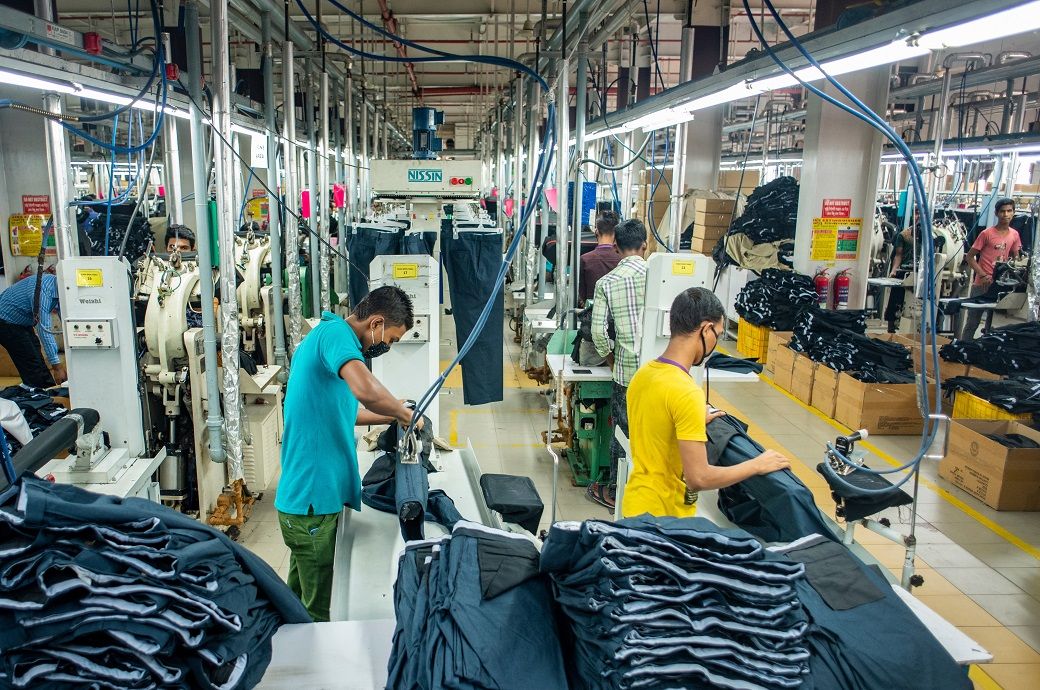
The Ministry of Finance issued Notification No. 45/2025–Customs on October 24, 2025, overhauling the customs exemption structure. The notification, which supersedes 30 earlier circulars, consolidates all major exemptions under one framework to simplify import procedures across industries, with notable implications for the textile and apparel sector.
Under the new framework, the government has extended duty exemptions on key raw materials and accessories used in garment exports. Items such as tags, labels, stickers, buttons, zippers, hangers, threads, interlinings, linings, and embellishments can now be imported at nil Basic Customs Duty (BCD) by bona fide exporters for use in manufacturing textile or leather garments for export, effective until March 31, 2026.
Similarly, real down-filling materials from duck or goose (used in jackets and winterwear) will attract 10 per cent duty under specified export-linked conditions. Inputs for fibre and yarn production, such as polyester chips (HS 3907), nylon chips (HS 3908), and spandex precursors like MDI and PTMEG, will continue at nil or 5 per cent duty to boost domestic manufacturing competitiveness.
The notification also extends exemptions for nonwoven fabrics (HS 5603) used in hygiene and medical textiles, and moulds and tools for textile machinery manufacturing—aligning with India’s push towards advanced and sustainable production systems.
All exemptions are time-bound until March 31, 2026, ensuring periodic review in line with the National Textile Policy and PLI Scheme objectives. The new framework aims to enhance ease of doing business, streamline tariff codes, and reduce compliance overlaps for exporters and textile manufacturers.
Industry experts note that this consolidation not only provides clarity but also strengthens India’s export readiness by supporting value-added textile and apparel production while encouraging domestic investment in key raw material capacities.
ALCHEMPro News Desk (KUL)
Receive daily prices and market insights straight to your inbox. Subscribe to AlchemPro Weekly!